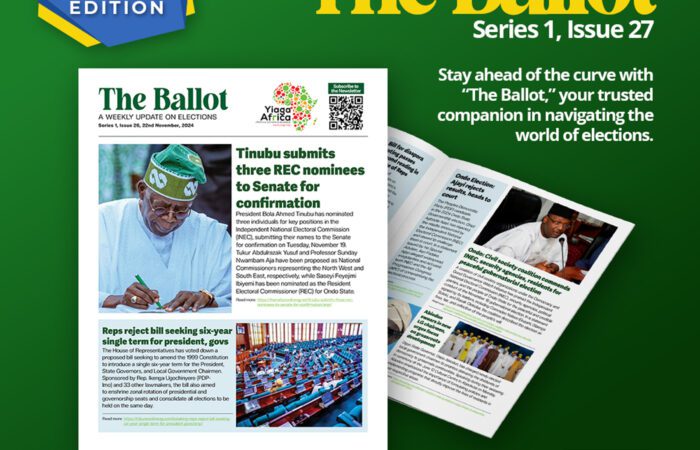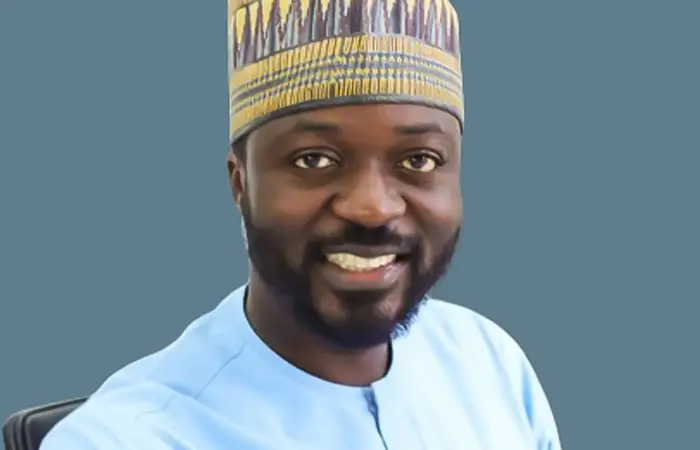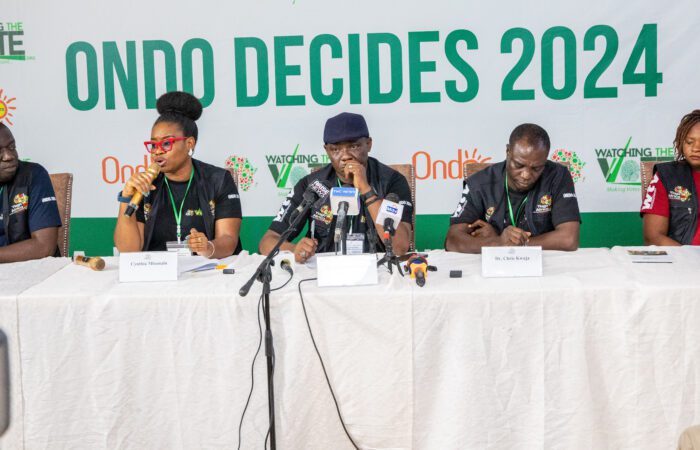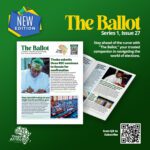The 2019 general election is less than a fortnight away with election stakeholders getting set for another all-important general election in Nigeria. There have been questions on the rise concerning the accuracy of election results: “Will it reflect the voting reality or if it will be altered?” In recent times, citizen observers have played a crucial role in the electoral process especially in the area of observation, providing accurate data and verifying accuracy of elections result. The days of anecdotal reporting of election should go away with the previous elections, as data-driven reportage is consistently proving to be the best way to analyze quality of elections. While journalists cannot be at all polling units at the same time, it has become pertinent to leverage on citizen observer information to galvanise reports for quality control.
Although, traditional election observers may also not have the wherewithal to be at all polling units at the same time, this may leave the audience with anecdotal report. In this vein, a systematic election observation methodology which provides accurate and real time information on the election process remains the best possible way to access quality of elections and remain the only independent way to verify the accuracy of the elections result.
During a roundtable with journalists and editors on the 2019 General elections and the deployment of Parallel Vote Tabulation organized by YIAGA AFRICA through a project called Watching The Vote, the Executive Director, Samson Itodo revealed the vital role of citizens and the media in the course of the election. He reiterated that while citizen observers play a massive role in providing election data, journalists should leverage on credible election data rather than anecdotal reportage of the election.
The good news however is that, organisations like YIAGA ARICA through its Watching The Vote (WTV) project, have consistently deployed a systematic methodology called the Parallel Vote Tabulation (PVT) to observe elections in recent times. The PVT is a proven Election Day observation methodology that allows non-partisan citizen observers to observe and provide accurate information on the Election Day process using Information Technology and Statistics thereby verifying the accuracy of elections results released by the electoral commission.
The PVT which originated from the Philippines by a group called the National Citizens’ Movement for Free Elections (NAMFREL) successfully provided a reliable third party projection of the results . During the Presidential elections in 1986, NAMFREL mobilized 500,000 volunteers nationwide to observe the process. The then President, Ferdinand Marcos declared himself the winner of the election; the NAMFREL count, however, showed otherwise. This led to People Power revolt which ultimately ousted Marcos.
A similar scenario happened in Zambia during the 1992 Presidential elections where citizen observers prevented election malpractice using the PVT. While PVT has also been used in Nigeria during general elections and off-circle elections from 2011, Nigerian media may not have maximized available data from citizen observers to assess quality of elections. But the 2019 elections is another window of opportunity for the media to utilize the data output provided by independent and non-partisan citizens observers nationwide to verify and corroborate with facts of the elections for their news reports. For instance, the PVT provides information such as the time in which voting commenced at polling units and the functionality of the card reader, and eventually an estimate of elections results.
There has also been a debate surrounding the usage of smart card readers and incident forms, however citizen observers using the PVT methodology can provide accurate data on the percentage of polling units that made use of smart readers for accreditation and authentication of voters throughout the election period. This will then give an insight on the possibility of multiple voting, voting by proxy or election malpractice.
Back to the question of whether the election result will reflect the voting reality or it will be altered. Only the citizen observers using the Parallel Vote Tabulation observation methodology can verify the accuracy of the results or expose any form of malpractice in the process. Thus, there is need to sound a note of warning to any individuals or any group who may be planning to manipulate the 2019 general elections, because the citizen observers will expose it.
Finally, Nigerians are making a clarion call to journalists to leverage on credible elections data in a bid to give an accurate analysis of the elections. In this vein, electoral stakeholders can assess quality of elections and work on recommendations to better improve the process.
Moshood Isah is the Media Officer of YIAGA AFRICA
He tweets @Moshoodpm






